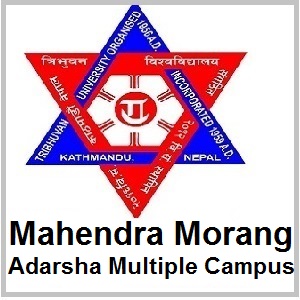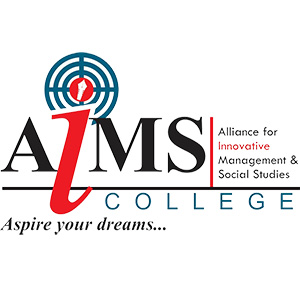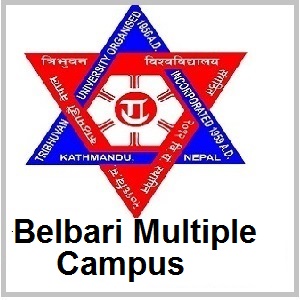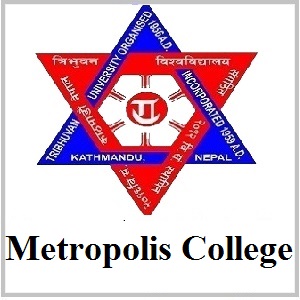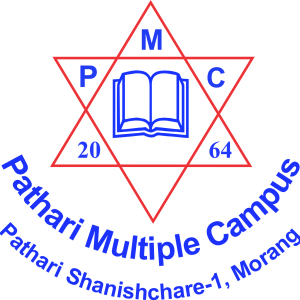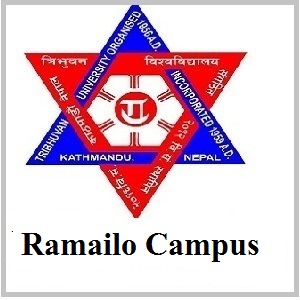Overview
BA at Ritambhara Multiple Campus, Pathari Shanishchare, Morang
If you’re a Humanities, Management, or Science student seeking a TU-affiliated BA near Pathari Shanishchare, this guide explains the four-year structure, subjects, eligibility, and assessment at Ritambhara Multiple Campus in Morang, Nepal.
Overview
The BA follows Tribhuvan University’s four-year model (launched in 2076/077) under the Faculty of Humanities and Social Sciences.
The total mark load is 2,000 across four years. Students select two majors (700 marks each) and two electives (100 marks each). English, Nepali, and Nepal Studies remain compulsory components.
Highlights
-
Interdisciplinary study option across languages, social sciences, and culture studies.
-
Assessment split: 70 marks written exam and 30 marks internal (mini project, presentation, teamwork).
-
Compulsory English in Years 1 and 3; Nepali in Year 2; Nepal Studies included.
Curriculum Details
Here’s what you’ll study over four years.
-
Compulsory subjects: English (200 marks), Nepali (100), Nepal Studies (100).
-
Majors and electives draw from fields such as Anthropology, Sociology, Rural Development, Psychology, Economics, History, Geography, Nepalese History–Culture–Archaeology, Nepal Bhasa, Linguistics, Political Science, Journalism and Mass Communication, and others.
Objectives
The structure encourages clear writing, analytical reading, social inquiry, and subject depth through majors and electives, while maintaining core national and language studies.
Scope
Students who wish to continue their studies can choose Master’s programs in areas such as Rural Development, Political Science, Sociology, Anthropology, Nepal Bhasa, Population Studies, Conflict–Peace–Development Studies, Buddhist Studies, and more (subject to university rules).
Learning Outcomes
Graduates practice academic writing and oral presentation through internal work. Team-based tasks and mini projects strengthen collaboration and field-based understanding within chosen majors.
Skill Development Modules
-
Reading and writing across humanities and social science texts.
-
Presentation, teamwork, and mini-project skills tied to subject content.
-
Foundation in English and Nepali that supports advanced study and reporting.
Teaching Methodology
Classes include written examinations and internal activities such as mini projects, classroom presentations, and teamwork that contribute to final marks.
Admission Requirements
-
D+ in all subjects in Grade 11 and Grade 12; or completion of Intermediate/PCL/10+2 in Humanities, Science, or Management from TU-recognized boards.
-
Major English/Economics: pass Major English within three years at +2/PCL if not already taken.
-
Rural Development, Social Work, Sociology: open to students from other +2/PCL subjects.
-
Journalism and Mass Communication: prior +2/PCL study in Journalism/Mass Communication required.
Career Opportunities
Further study pathways listed above connect to roles that draw on the chosen majors. Program-specific master’s admissions depend on university criteria.
Scholarships and Financial Aid
Ritambhara Multiple Campus provides scholarships based on merit, need, and socio-economic background. Applicants can confirm current categories and deadlines at the campus office.
Why Choose This Course?
You study a TU-standard BA in Morang with clear rules on majors, compulsory subjects, and assessment. The model supports language strength, subject depth, and steady internal practice.
Conclusion
Not sure which major to choose? Shortlist two fields that match your interests, review the eligibility notes, and meet the campus for subject-wise guidance.


